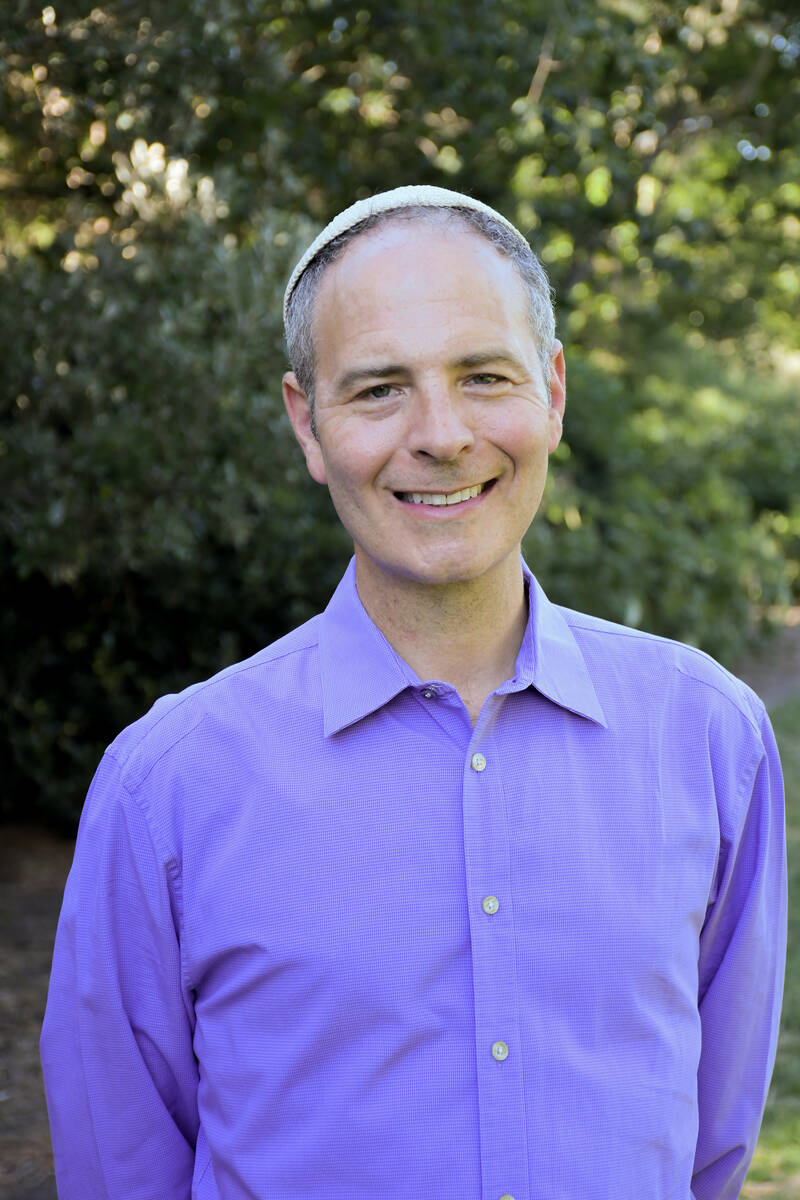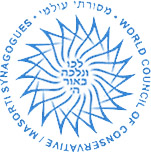From The Rabbi
Rabbi Sadoff gives regular talks on the weekly parasha and writes articles for the AJN and Israeli papers on Masorti Judaism and all things Jewish.
- Video of Rabbi Yonaton 12Oct25 Prayers for the hostages return
- My 5784 Kol Nidrei drash.
- My sermon on Yom Kippur 5784.
- This year's Rosh Hashana sermon.
- For the 7 days between Rosh Hashanah and Yom Kippur, take the Better Problems Better Questions challenge - e.g. for any problems faced today, ask yourself - am I sure I understand the problem? What else could this mean?
- Jewish future at stake, Rabbi Sadoff, AJN, 4 Aug 2022
- The Parasha: Toldot: What’s so funny about Yitzchak? Rabbi Sadoff, AJN, 5 Nov 2021
- "Australian Jews emerge from lockdown and severe restrictions on Jewish life: During COVID-19, Australia has become know for some of the most severe lock downs in the world." Jeremy Sharon, Jerusalem Post, 25 October 2021

Fri, 24 October 2025 2 Cheshvan 5786



